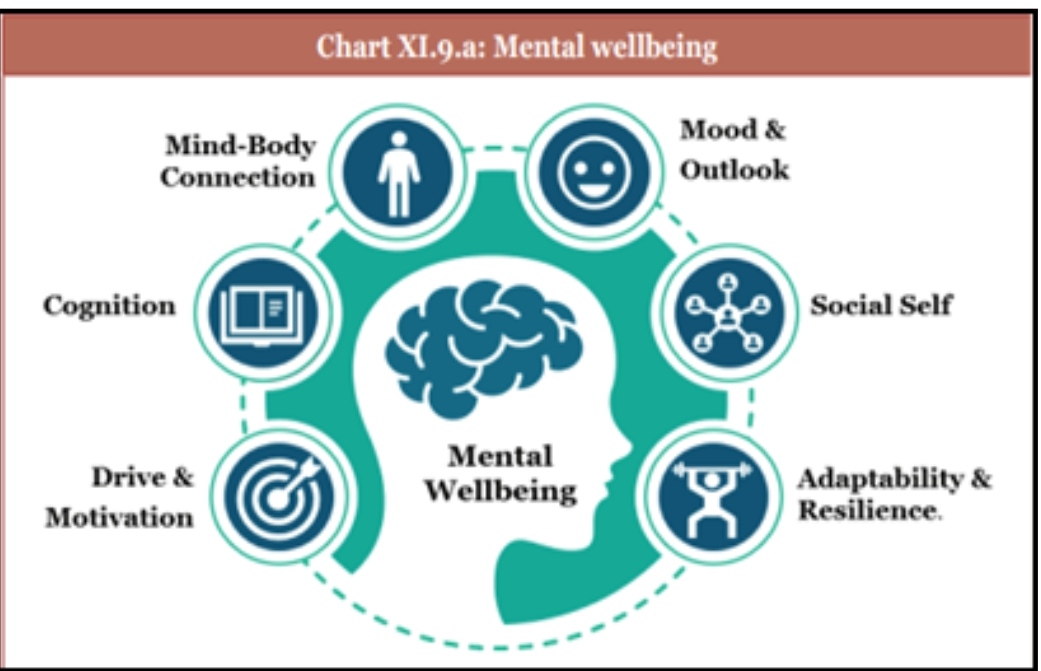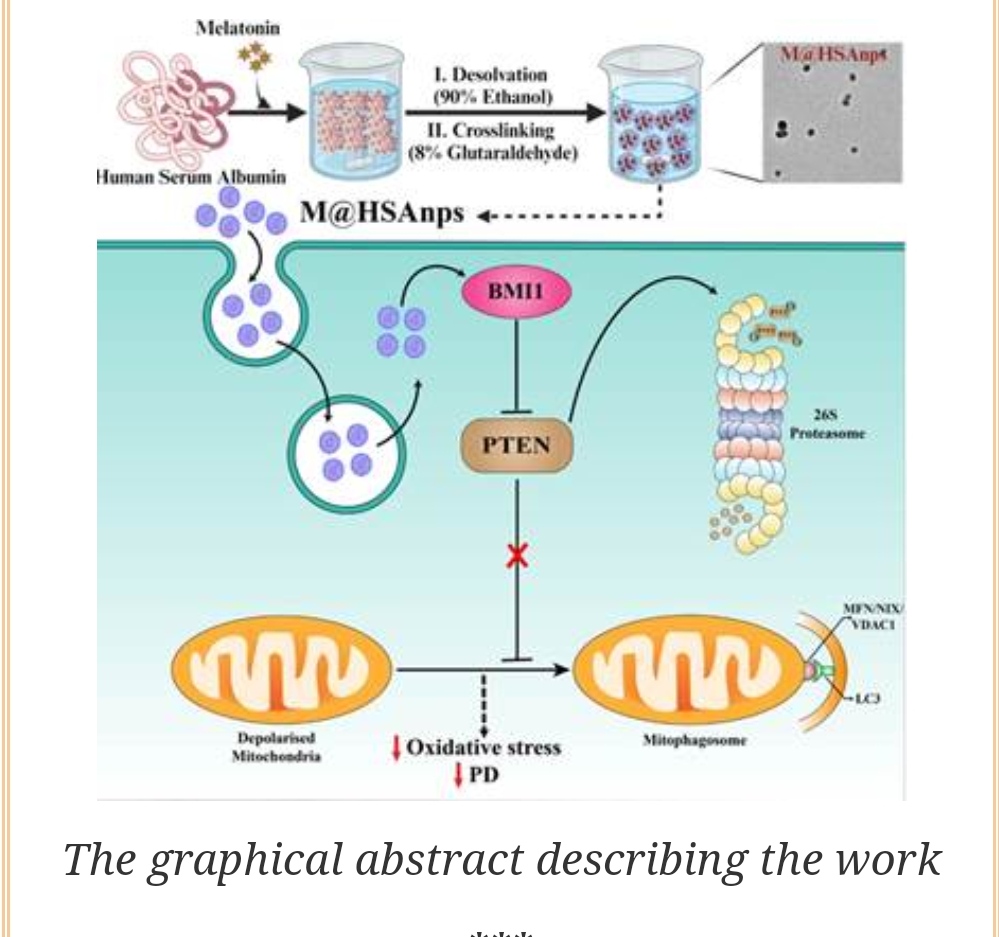Advancing Mental Healthcare in India: A Comprehensive Push for Well-being and Welfare.
New Delhi:
Mental health in India has increasingly become a priority in national health policy, as the country moves toward ensuring not just physical wellness but overall social, emotional, and mental well-being for all. Prime Minister Narendra Modi emphasized this vision, stating that “India’s vision of good health implies not just being free of disease but to ensure wellness and welfare for everyone,” encompassing physical, mental, and social well-being for every citizen.
The Growing Importance of Mental Health
Mental health affects an individual’s emotional, psychological, and social well-being, influencing how one thinks, feels, and behaves in daily life. It plays a crucial role in decision-making, stress management, and maintaining relationships. According to the World Health Organization (WHO), mental health is a vital aspect of a person’s ability to cope with life’s challenges, learn, work, and contribute meaningfully to society.
The Impact of Poor Mental Health
Poor mental health has widespread effects on productivity, emotional well-being, and the economy. Mental health issues contribute to reduced workplace performance, higher absenteeism, and lower overall efficiency. Beyond the workplace, mental well-being influences social interactions and self-confidence. The economic toll of untreated mental conditions is staggering; WHO estimates that between 2012 and 2030, the global cost of mental disorders will reach USD 1.03 trillion.
Mental Health in India: A Rising Concern
India, home to 18% of the world’s population, faces a severe mental health crisis. WHO data reveals that India accounts for a significant proportion of the global mental health burden, with 2443 disability-adjusted life years (DALYs) per 10,000 population and an alarming suicide rate of 21.1 per 100,000 population. The National Mental Health Survey (NMHS) 2015-16 found that 10.6% of adults suffer from mental health issues, with urban areas particularly affected (13.5%) compared to rural areas (6.9%).
Despite the prevalence of these issues, an overwhelming 70% to 92% of people with mental disorders do not receive proper treatment, due to factors such as lack of awareness, stigma, and the severe shortage of mental health professionals. India currently has only 0.75 psychiatrists per 100,000 people, far below the WHO recommendation of at least 3 per 100,000.
The Economic Survey 2024-25 Highlights the Need for Mental Well-being
The Economic Survey for 2024-25 underlines the importance of mental well-being as a key component of productivity and societal health. Recognizing its significant impact, the Survey calls for a whole-of-community approach to address mental health challenges. It recommends enhancing mental health education in schools, improving workplace policies to mitigate stress and burnout, and expanding digital mental health services like Tele MANAS.
Mental Health Infrastructure and Government Initiatives
In response to these challenges, India has made significant strides in expanding mental health services. The National Mental Health Programme (NMHP), launched in 1982, and the National Mental Healthcare Act of 2017, which decriminalized suicide and ensures the right to mental health care, have been foundational in shaping the current landscape.
In 2024, the government sanctioned the establishment of 25 Centres of Excellence to advance postgraduate training and provide advanced treatment in mental health. Additionally, 47 postgraduate departments dedicated to mental health have been set up or upgraded across 19 medical colleges, and mental health services are now available at 22 newly established AIIMS.
Mental health services have also been integrated into Ayushman Bharat’s Health and Wellness Centres (HWCs), which provide basic psychiatric services, training for general physicians, and referral support to specialized facilities. This initiative is aimed at ensuring that mental healthcare is accessible in both urban and rural areas.
Tele MANAS: A Digital Revolution in Mental Health
One of the most transformative developments in India’s mental health care system is the launch of Tele MANAS in 2022. This National Tele Mental Health Programme provides free, 24/7 mental health support through a nationwide toll-free helpline (14416). As of February 2025, Tele MANAS has handled over 1.8 million calls, offering immediate tele-counseling, referral support, and mental health awareness campaigns.
The Tele MANAS app, launched in 2024, includes self-care strategies, stress management tools, and direct access to professionals. Video consultations have also been introduced in select states, offering a personalized approach to mental health care.
Strengthening the Legal Framework
India has enacted several crucial laws to protect the rights of individuals with mental health conditions. The Mental Healthcare Act, 2017, ensures the right to affordable and quality mental health services. The Rights of Persons with Disabilities Act, 2016, expanded the definition of disability to include mental illness, promoting equality and dignity for those affected by mental health disorders.
Addressing Suicide Prevention
The National Suicide Prevention Strategy, launched in 2022, aims to reduce suicide mortality by 10% by 2030. This strategy focuses on early intervention, crisis management, and public education campaigns to break the stigma surrounding mental health and suicide. It includes mental health screenings in schools, the establishment of crisis helplines, and targeted interventions for high-risk populations.
Conclusion: A Comprehensive Path Forward
India’s commitment to mental healthcare is evident in its evolving policies, digital initiatives like Tele MANAS, and efforts to expand treatment access. However, to ensure a mentally healthier nation, India must continue to raise awareness, expand workforce training, and invest in digital solutions. A more inclusive, stigma-free approach to mental healthcare will not only improve individual well-being but also contribute significantly to the nation’s economic and social development. Through these ongoing efforts, India aims to build a healthier, more resilient society that prioritizes the mental well-being of all its citizens.




